Podcast: Play in new window | Download (87.9MB)
Subscribe: Apple Podcasts | Email | RSS | More
Frater Ashen Chassan F.’. N.’. F.’., author of Gateways Through Stone and Circle, published by Nephilim Press, is our guest for an extended interview in podcast episode 138.
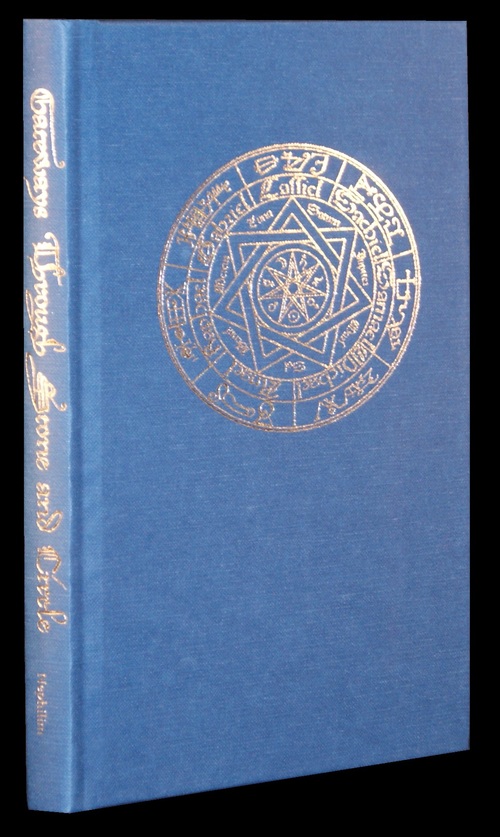
Frater Ashen is a ceremonial magician and a purist in the art who endeavours to recreate the workings found in traditional grimoires as closely as possible. His book, Gateways Through Stone and Circle details his reproduction of Trithemius of Spanheim’s The Art of Drawing Spirits into Crystals to great success. His book is a boon to traditional ceremonial magicians, providing a detailed account of Frater Ashen’s work, including the spectacular holy table and an archangelic evocation.
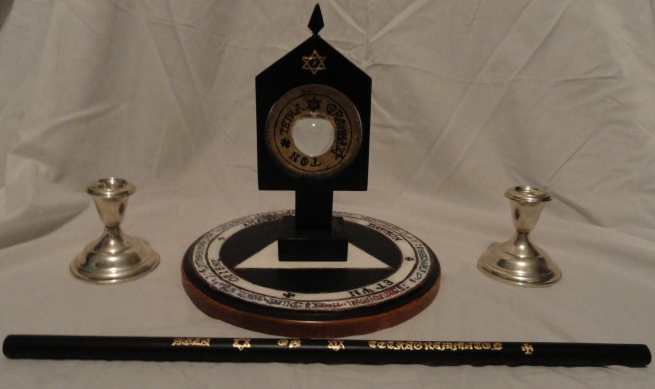
Gateways Through Stone and Circle is a fine publication and a treasure as a primary source document that describes the process and result of the modern practice of traditional ceremonial magick. Frater Ashen deserves a lot of credit for being the one who brought this particular method into the light by sharing his experiences.
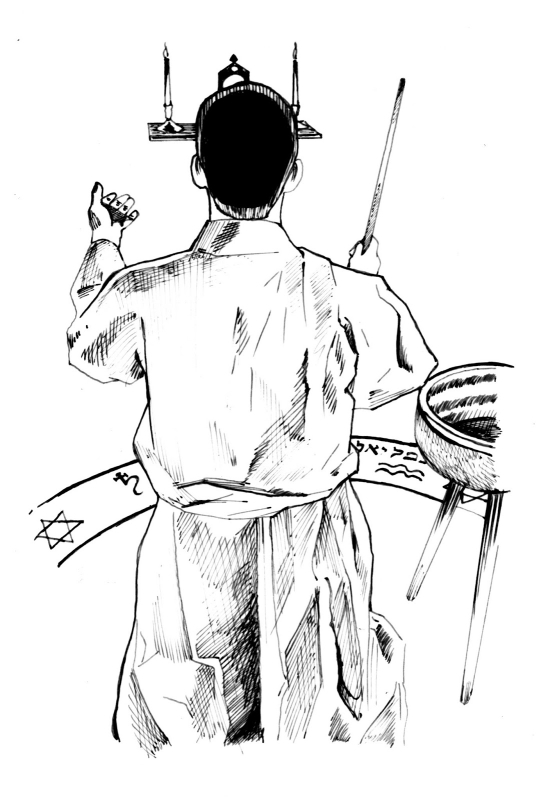
The book goes into meticulous detail about the preparation of the equipment for the ritual and this is its greatest strength in my opinion. Additionally, Frater Ashen’s personal account of the Archangel Cassiel is captivating. For those interested in the subject, Gateways Through Stone and Circle is a required reading and highly recommended.
A Magician’s Workings – Frater Ashen’s blog
Gateways Through Stone and Circle by Frater Ashen Chassan F.’. N.’. F.’. (also available in a Fine Edition)
The Art of Drawing Spirits into Crystals tr. by Francis Barrett
intro music by HipGnosis and Paul Avgerinos
intermission music – “Angels Take Me” by Jeffrey Luck Lucas
outro music – “Believe in Angels” by Ray Montford





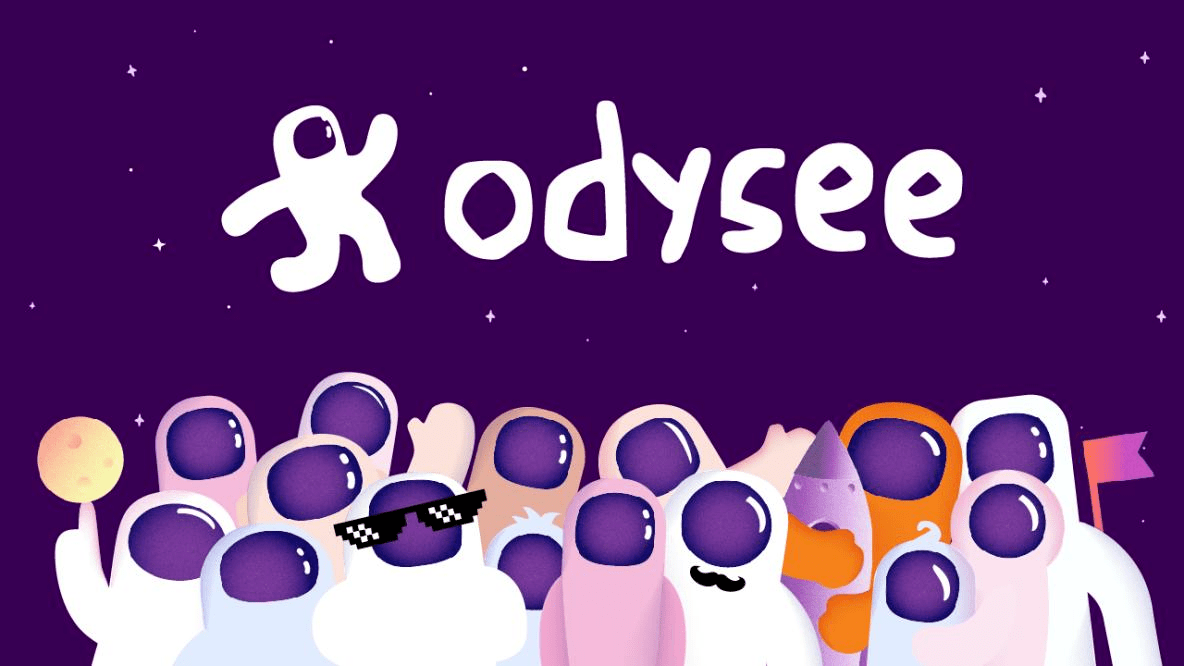

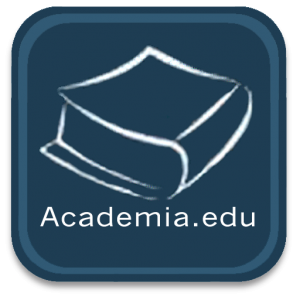
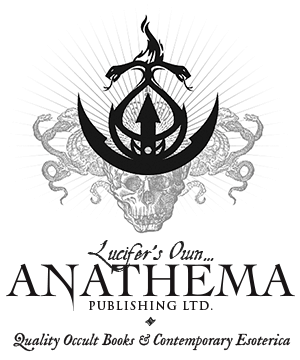




Thank you once again. A brilliant way of ending this year. Frater Ashen – your sincerity and humility is communicated throughout the podcast. Blessings and L.V.X.
P.S. I found this jewel on YouTube:
https://www.youtube.com/watch?v=mmkmt9rX73U
You’re most welcome Fra. ALiM. Thank you for listening, taking the time to comment, and your support for the show. I appreciate it very much.
I constantly tell people what a huge advantage being a classic style Christian is when pursuing Qabalah and the Goetia. But nay, they refuse to believe, : ) – Peace and Love in Spirit. Great interview, truly humbled by Ashen’s sincerity.
DCJ – I appreciate you listening to the show and taking the time to comment. Thank you.
How do you define “classic style Christian”? I’m not familiar with that term and it makes me think of someone that self-identifies as a Roman Catholic or Orthodox. Personally, I think that one raised in an Orthodox or Conservative Jewish environment, including instruction in Hebrew reading and writing, would have an even greater advantage. But that’s just my opinion.
Hi GK! Again, thanks for the awesome show! On classic Christian, admittedly, it is a self styled term coined by myself (LOL) to describe any non-American fundamentalist/evangelical Christian, Eastern Orthodox, Syriac, RCC, even Anglican and old school Lutherans, etc. Basically, any form of Christianity where there is still a sense of reverence for ritual, one of my kids was recently was baptized, and sitting there I realized the EO baptismal rite is more or less an evocation (of all the Saints, Angels and Names of God albeit in Greek) and like any other magical rite, if properly trained one can feel the air change and might even see the flashes of light, and other signs of the manifest energy.
On the Hebrew bit, it is interesting you mention that, because I believe it is actually a disadvantage, simply because the language has no mystique for someone raised Hebrew, it is just their language, there is no reverence there — so they would have to re-establish the holiness of their common language before delving into permutations of the names or other rituals, which can be quite daunting in itself.
Besides the aforementioned issue of re-establishing sacredness; in my own records and experiments, I noticed something that happens when using the Shin between the Tetragrammaton (with actual proper intent and faith) that does not occur when using the standard four fold name…I am still unsure of the objectiveness of this effect, but it is interesting none the less. Either way, I really couldn’t imagine going into these invocations/evocations without the “backup/safety-net” from On High. Peace!
You’re most welcome DCJ. Thank you for your reply! I think I understand where you’re coming from now and appreciate you taking the time to illuminate me. I want to make 3 points in response to your thought-provoking comments.
First, I think it’s wonderful that you appreciate your religion and are able to identify magickal acts and experience the Mystery. That is one sign of an initiate, in my opinion.
Second, based on my experience growing up, your assessment of Judaism and Hebrew language is wrong. In the synagogue that I was taught, the language is revered, as is every text that contains it. I would urge you to reconsider your opinion about that. If your experience with Judaism was different, it wasn’t necessarily representative. Also, there are plenty of people who self-identify as Jews, but don’t practice the religion. I wonder if the lack of reverence you notice applies to theses secularists, which would make sense. However, my experience with religious Jews was the exact opposite of what you describe. Mysticism thrives in some unlikely places…
Third, while I appreciate that your religion is right and best for you, I do not agree that it is right and best for every student / practitioner of Qabalah and the Goetia. I don’t know if you’re consciously evangelizing or not, but it comes across that way. Even if you are correct, I believe that people must come to that understanding on their own. Especially those who weren’t raised as Christians. In addition, I believe that it is possible for one to appreciate the very things you discuss, without being your coreligionist.
Again, these are my opinions based on my experience. Your mileage may vary, as they say. Thank you again for this thoughtful exchange. Peace to you also, my friend. Don’t be a stranger. 🙂
I won’t be friend! Thanks again for this tremendous service!
In case anyone happens to come across this discussion, I would like to briefly clarify my position in regards to possibly ‘unconsciously evangelizing’ – I would like to state clearly, that is not my intent, in fact I would be apt to say Thelema as a philosophy and even as a political viewpoint is a more practical and more of an enlightened view to the modern world than any of the old age religions (I would even go to as far to say that most modern Christians are really Thelemites – in that they do what they wilt in their own context), but in a strictly magical context, scientifically recorded, I have found having the mindset of the medieval workers (humility) more effective than blindly attempting to impose my will upon what I perceive to be objective entities, invoking the Christ in ritual may just be a subjective way of calling down the HGA, the Tiferet seat of Self in ritual, or it may be an objective Messiah somewhere in the inner worlds — that would ultimately be up to the operator to interpret.
Regarding the Hebrew language, the Christian DCJ does not understand the Jewish culture: Among most Jews in the world, Hebrew is not spoken in the home except in the most reverential context (prayers or brachos / berachot). Jews speak other languages in their homes (Yiddisch, Ladino, English, French, etc.)
However, in recent decades there are a large population of Jews who speak modern Hebrew in the home. Most of those are Israeli.
Let’s not get into a debate as to who is worthy to take these works on. It comes down to do you give re revere to God? This isn’t the magic of a atheists or pagan it is what it is it’s your path or isn’t.it’s a calling.